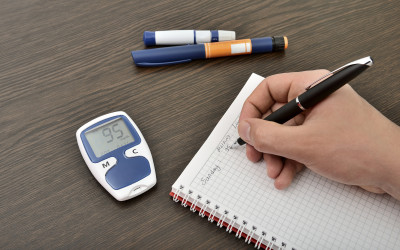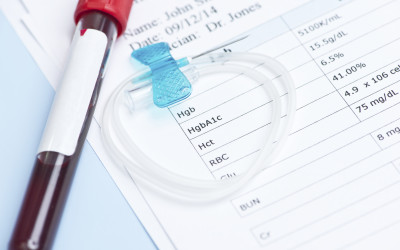Testing & Monitoring
Health care providers monitor blood glucose control in several ways. Learn how blood glucose levels are measured and why it is so important.ALTERNATIVE MARKERS FOR BLOOD GLUCOSE MONITORING
Do you remember the first time you or a family member was diagnosed with diabetes? Your healthcare provider probably asked you to stop eating the night before a blood test. The next morning, you may have had a fasting blood glucose test. This provides a snapshot of...
Self-Monitoring of Blood Glucose
Facts about self-monitoring blood glucose (SMBG):Blood glucose is monitored at home using a small hand-held machine called a “glucose meter.”Persons with type 1 diabetes usually need to measure their blood glucose levels at least four times a day. Persons with type 2...
Hemoglobin A1c
If there’s one number all patients with diabetes should know, it’s their hemoglobin A1c (HbA1c or A1C) level: a measure of their overall blood glucose control for the past 3 months. Blood glucose levels fluctuate from hour to hour, day to day; but the A1C level...
Continuous Glucose Monitoring
If you have difficult to control diabetes on insulin therapy—or if you’ve had troublesome drops in blood glucose—your health care provider may have suggested a continuous glucose monitor. This monitor can reveal minute-to-minute fluctuations in blood glucose.The...




